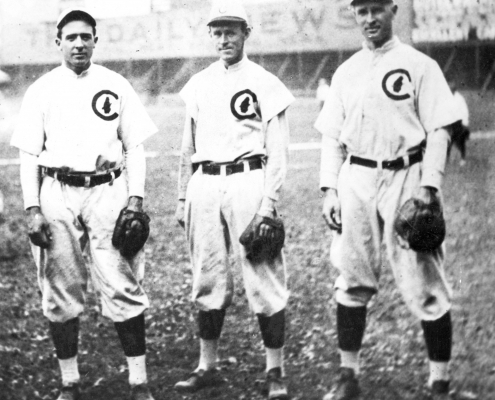
The 1906-10 Chicago Cubs: The Best Team in National League History
Joe Tinker, Johnny Evers, and Frank Chance — the defensive…

Chicago’s Role in Early Professional Baseball
Chicago’s first professional baseball club was founded following…

The Cubs Fan Paradox: Why Would Anyone Root For Losers?
Cubs fans raise a fundamental question about the nature of games…
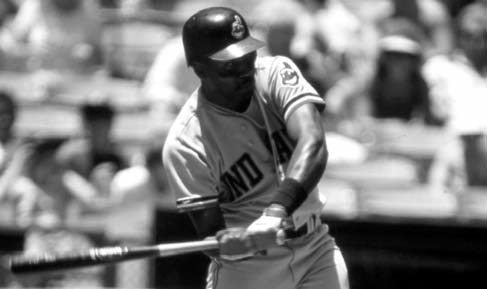
Home Run Derby Curse: Fact or Fiction?
A variety of sources have indicated the existence of a Home Run…
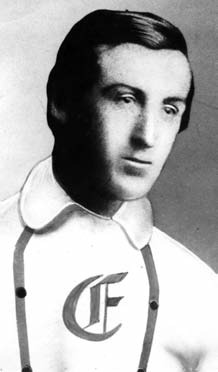
The Many Flavors of DIPS: A History and an Overview
How much control, if any, does a pitcher have over whether a…

Hitting Streaks: A Reply to Jim Albert
Do hitting streaks occur more frequently than they would if hitting…
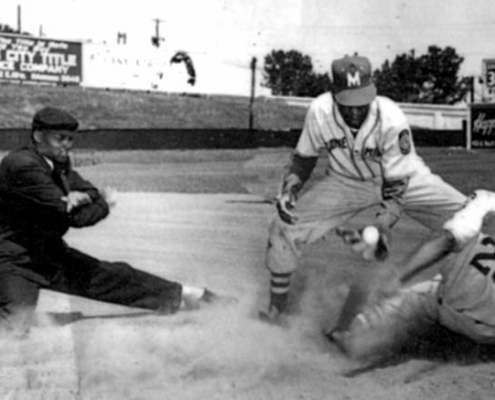
“No, I’m a Spectator Like You”: Umpiring in the Negro American League
Bob Motley umpired in the Negro American League from 1947 through…

The Law Firm and the League: Morgan, Lewis and Bockius LLP, Major League Baseball, and MLB.com
This is (roughly) the tenth anniversary of the transfer of a…

Review: Brilliant Specialists
On "Hub Fans Bid Kid Adieu: John Updike on Ted Williams"
Hub…
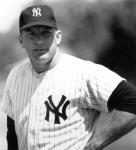
Review: The Dark Side of a Baseball Dynasty
Four books on the Bronx Bombers.
The Last Boy: Mickey Mantle…
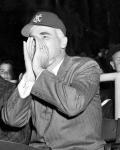
Review: Charlie Finley
On "Charlie Finley: The Outrageous Story of Baseball’s Super…
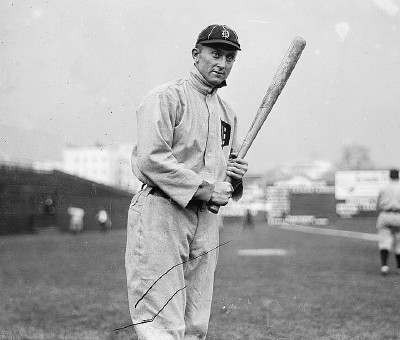
The Georgia Peach: Stumped by the Storyteller
This article was selected for inclusion in SABR 50 at 50: The…
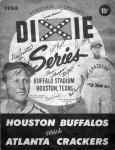
The 1954 Dixie Series
On September 21, 1954, the Atlanta Crackers, champions of the…
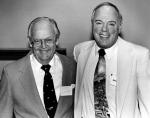
Ty Cobb as Seen through the Eyes of a Batboy
COLLABORATOR’S NOTE: My friendship with James Fargo (Jimmy)…

The Red Clay of Waycross: Minor-League Spring Training in Georgia with the Milwaukee Braves
Other than being eaten alive and shot at, Waycross was great.…
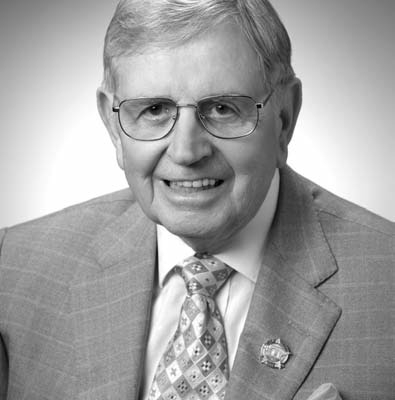
Milo’s Memories: When the Braves Came to Atlanta
COLLABORATOR’S NOTE: Between his big-league broadcasting debut…
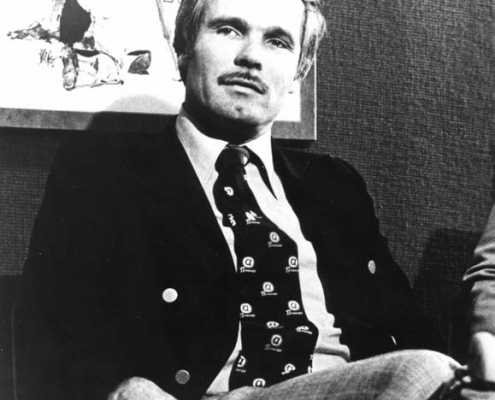
The Franchise Transfer That Fostered a Broadcasting Revolution
When the Milwaukee Braves’ baseball franchise was transferred…
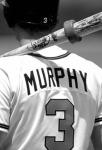
Marvelous Murphy: Too Good to Ignore
The yardstick for enshrinement in Cooperstown is generally determined…
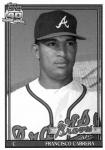
The Card in the Baseball Cap: “Braves Win! Braves Win! Braves Win! Braves Win! Braves Win!”
All baseball fans can attest to the truism that baseball is a…
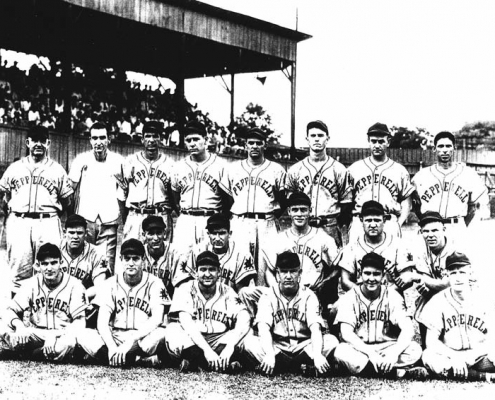
Working to Play, Playing to Work: The Northwest Georgia Textile League
Floyd County, Georgia, in the northwest corner of the state,…
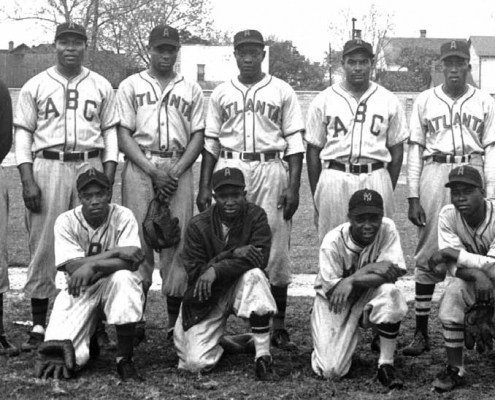
The Atlanta Black Crackers
Atlanta’s baseball history is dominated by names such as Hank…
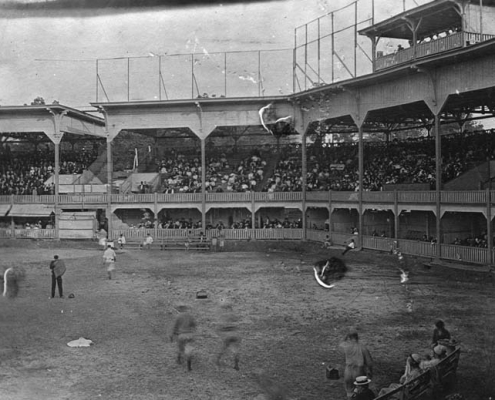
That Was Quick!
The average time required to play a major-league baseball game…

The Empire State League: South Georgia Baseball in 1913
They played six days a week, May through August, under the punishing…
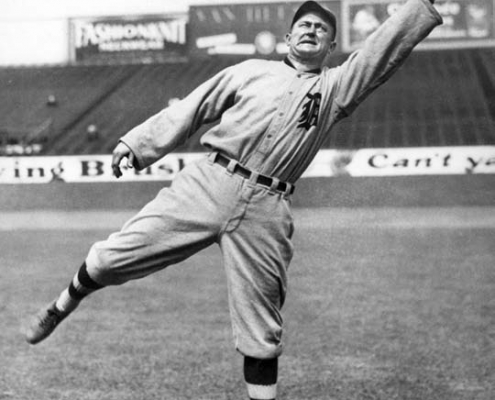
Ty Cobb, Actor
During the first years of the twentieth century many of the most…

